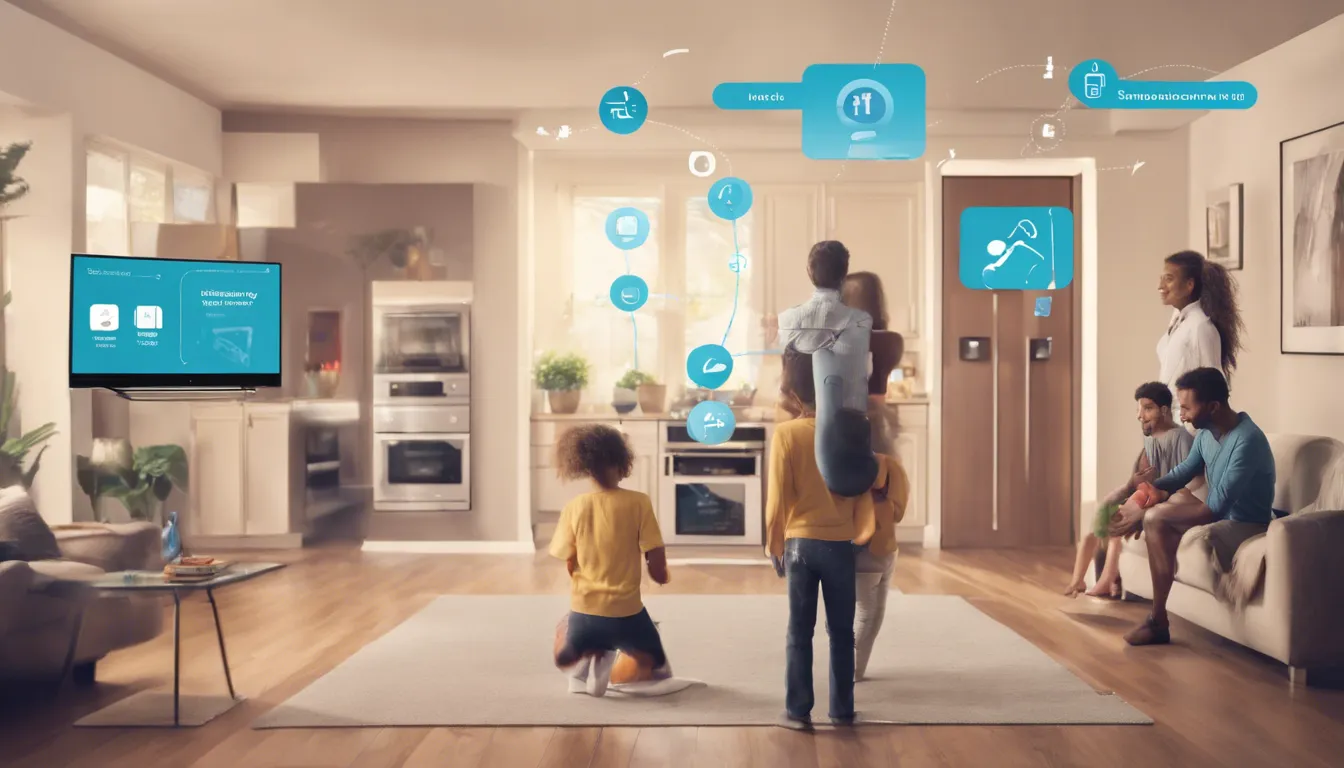The concept of the smart home has evolved from a futuristic vision to a tangible reality, transforming the way we live and interact with our living spaces. As technology continues to advance, smart homes are becoming increasingly sophisticated, offering convenience, energy efficiency, and enhanced security. In this article, we explore the future of home automation and the exciting possibilities that smart homes hold for residents.
-
Connected Ecosystems: The future of smart homes revolves around the creation of seamlessly connected ecosystems where various devices and systems communicate effortlessly. This interconnectedness allows residents to control and monitor multiple aspects of their homes, from lighting and climate control to security and entertainment, through a unified platform.
-
Artificial Intelligence (AI) Integration: AI is playing a pivotal role in the evolution of smart homes. Advanced AI algorithms analyze user behavior, adapt to preferences, and anticipate needs. Smart home systems equipped with AI can learn from daily routines, optimize energy consumption, and provide personalized experiences, making homes more intuitive and responsive.
-
Voice-Activated Assistants: Voice-activated assistants like Amazon’s Alexa, Google Assistant, and Apple’s Siri have become central figures in smart homes. The future will see these assistants becoming more context-aware and capable of handling complex commands, creating a hands-free and natural way for users to interact with their smart home devices.
-
Energy Efficiency and Sustainability: The future of home automation places a strong emphasis on energy efficiency and sustainability. Smart homes will integrate technologies such as smart thermostats, energy-efficient appliances, and solar panels to optimize energy consumption, reduce waste, and lower environmental impact.
-
Enhanced Security Features: Security is a paramount concern for homeowners, and smart homes are poised to offer advanced security features. Facial recognition, smart locks, and integrated surveillance systems provide residents with real-time monitoring and control over their home’s security, offering peace of mind whether at home or away.
-
Smart Health and Wellness: The integration of health and wellness features is an emerging trend in smart homes. Smart devices can monitor health metrics, provide fitness guidance, and even detect potential health issues. This proactive approach to health management is set to become an integral part of the smart home experience.
-
5G Connectivity: The rollout of 5G networks is set to enhance the connectivity and responsiveness of smart home devices. With faster and more reliable data transmission, 5G enables near-instantaneous communication between devices, making smart homes more efficient and responsive to user commands.
-
Customization and Personalization: The future of home automation is all about customization. Smart homes will offer residents the ability to tailor their environments to suit individual preferences, from lighting and ambiance to music and temperature. This personalization creates living spaces that adapt to the unique needs and preferences of each resident.
Conclusion
Smart homes are poised to become an integral part of our daily lives, offering unparalleled convenience, efficiency, and personalization. As technology continues to advance, the future of home automation holds exciting possibilities, from AI-driven experiences to sustainable living solutions. Embracing the smart home revolution means not only enhancing our daily routines but also contributing to a more connected, efficient, and sustainable future. The journey into the future of smart homes is just beginning, and the potential for innovation and improvement is limitless.
